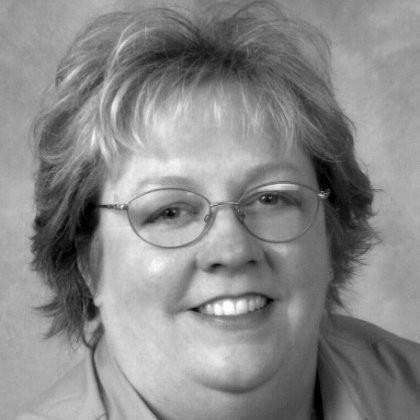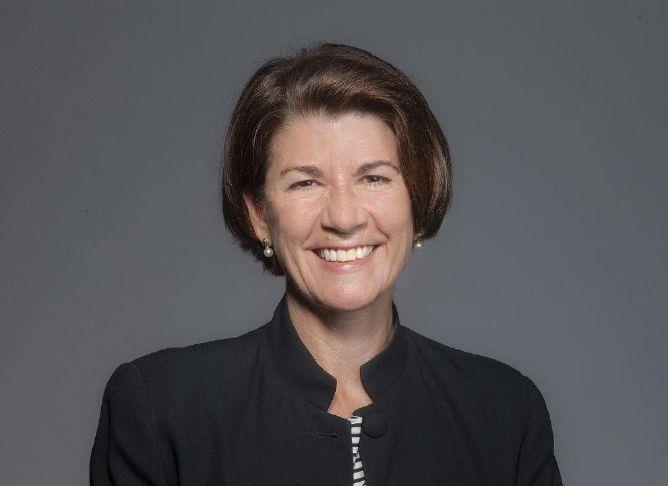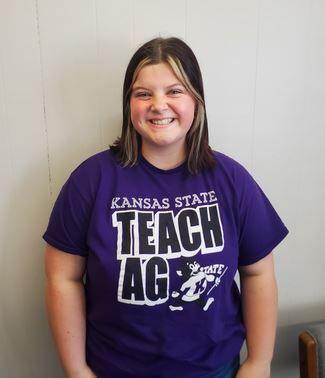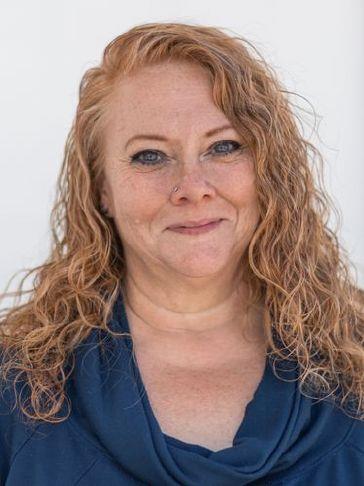“Ad Astra per Aspera – To the Stars through Difficulties” is the Kansas state motto. As a kid, I learned a lot about Kansas from wonderful teachers. What if that motto said ED Astra, and what if it could be used to inspire more teachers to work in rural Kansas? Today we’ll learn about an initiative to accomplish those very goals. Zoe Rhodes is a freshman in agricultural education at K-State, a newly elected state FFA officer, and president of a new student group called ED ASTRA – a name inspired by the Kansas state motto. ED ASTRA is an acronym for Education Advocates Supporting Teachers in Rural Areas. ED ASTRA is the brainchild of Lori Goodson, assistant director of the Rural Education Center in the K-State College of Education. “I’m the product of a tiny school in northwest Missouri and I know the impact those small rural schools can have,” Goodson said. Even before she joined the REC, Goodson made a list of things that could be done for rural students. Creating a rural student teacher organization came to mind. “It started as an effort to send people to rural communities to help them,” Rhodes said. “We have reframed it to highlight the great things about being in rural communities so that people will want to go back.” Rhodes was asked to be president. Students were invited to an ED ASTRA ice cream social in April 2024. More than 30 attended. Todd Goodson, professor and interim dean of the College of Education, told the group about his experiences with rural education and the impact that dedicated teachers can make in rural classrooms. The purpose of ED ASTRA is to encourage education majors from rural areas to return home after graduation and to encourage others to consider teaching in a rural district. The faculty advisors are Lori Goodson and instructor James Alberto, both with the Department of Curriculum and Instruction in K-State’s College of Education. Rural communities need well-trained and qualified educators to prepare students for post-secondary success, said Debbie Mercer, K-State interim provost and executive vice president. She served as dean of the College of Education before stepping into her current role. "Rural schools are not only powerhouses of learning, they also help drive the Kansas economy," Mercer said. According to the 2023 State of Kansas Economic Contribution Report, agriculture and related sectors provide $81 billion in output. These sectors support 253,614 jobs, or 13 percent of the state’s workforce. Rural schools have been identified as cornerstones of the communities they serve. "Kansas needs excellent teachers and school administrators so that employers have the workforce they need to protect our economic base and to grow industrial opportunities across the state,” Mercer said. Rhodes said she is passionate about rural education. “My teachers were all so outstanding,” she said. “In rural communities, everyone helps build each other up.” She adds: “All the women in my family are educators. We’re equipped to help people. It’s rewarding to see students make progress and grow.” The officers and committee chairs of ED ASTRA represent a cross-section of majors, such as secondary math, elementary education, music education, secondary biology, secondary social studies and psychology, secondary art, modern languages, and agricultural education. They come from such Kansas communities as Abilene, Belleville, Clearwater, Derby, Fredonia, Frontenac, Topeka, and Maize, plus Nebraska, Missouri, and Illinois. Rhodes comes from the rural community of Girard, population 2,496 people. Now, that’s rural. “My teachers had a huge impact on my life,” Rhodes said. “It’s important to give back. I hope to go back and teach in Girard or a small school like it someday.” Ad Astra per Aspera – To the Stars through Difficulties. That’s the Kansas motto and the inspiration for the name of this new student group called ED ASTRA. We commend Zoe Rhodes, Lori Goodson, James Alberto, Todd Goodson, Debbie Mercer, and especially the other students involved in this rural teaching organization. I’m sure they will make a difference in rural education. They will overcome difficulties and become star teachers.






